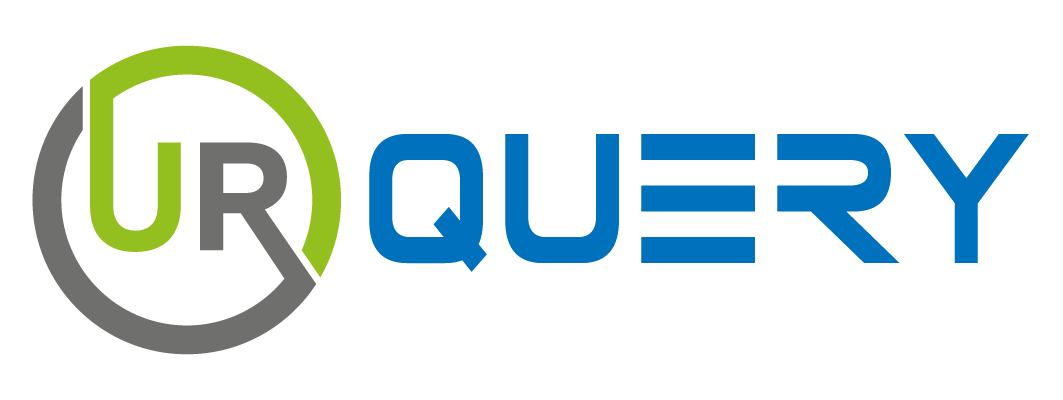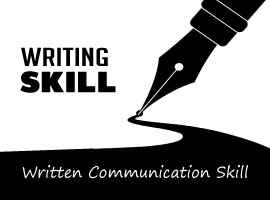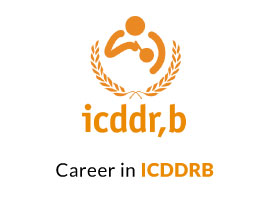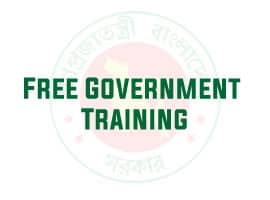What do we understand by job and career?
After graduation Job Vacancy and Career Opportunity were our most desired words. Some job ads were full of information. Some job ads showed a vacant chair. Few job ads manifested an upward moving person on a flight of stairs. Then the trend of smiling faces came in the job ads.
As a job seeker, job and career was synonymous to me. We exchange our views with people of different profession. In our discussion we use the word ‘career’. We say some jobs have career and some have not. Depending on the task and assignment career scope may vary.
At the early stage of searching job, only the pay amount was important. Roaming in the working life for couple of years changes our concept of job. Only financial motivation is not the sole factor for career. Many other factors have become important along with financial issue.
Considering all these factors we will try to have idea of job and career.
Job:
A job is merely work you do to earn money. In a job, people do the same work again and again without any hope for development and advancement. After five/six years nobody wants to continue the same job. If chance comes, people do not hesitate to change a job.
Career:
A career is a series of connected employment opportunities, where we build up skills and achieve experience to move into higher paying and higher respectable employment later on. In five years, we are planning to do something very similar to what we are doing now, but hopefully with more income and more interesting problems to solve. After five/six years, if we want to do the same type of work, it is career. In this situation more authority, respect, money, more challenging problems work as catalyst.
Achievement of jobs rarely contributed to the resume/CV for new career opportunity. Present skills, experiences have a great impact on career.
We do job for having some cash in our pocket at the end of the month. A career is the backbone of skills, experiences and learning that will add value to our professional life for years, may be for entire life.
Usually in a job, we get very few networking opportunities, because the people at the present job are not people we will likely to see at a future job. In a career, we get a lot of opportunities for networking, as most of the people around us are involved in similar careers to ours. They’ll keep seeing us time to time.
In a job, our goals are to complete the task, not to disturb the boss. Further, we want regular paycheck and a positive reference from the boss, when required.
This means that we shouldn’t invest significant emotional energy into the job. We have to do what we are supposed to do with the minimum amount of mental, physical and emotional energy. We may save the energy for starting career.
If our employment situation is more like a job than a career, we shouldn’t kill ourselves for it. We should conserve our energy for the other things going on in our life – a second job, raising family, trying to start a career, and so on.
In a career, our goal is to not only complete the task, but it’s also to learn skills, gain experiences, build connections, and put ourselves in position for promotions, raises, and possibly similar positions in other organizations. That’s a lot more than just complete the task, and that means putting your ear to the grindstone.
You should invest some emotional energy into a career. We should look for ways that we can get promotions and pay raises and incentive bonuses and useful resume-building skills and experience. This means doing tasks that are beyond our minimum job description, building positive relationships with people around us and so on.
We should be hard working and thorough for a career until we get the success. Only craving for career success is not the right path. Fighting hard for career success means setting a professional objective, figuring out what we have to do and start working meticulously.
An Example: Taking Store keeping as career
Most people treat store keeper as a job.
They start working, do the minimal tasks that are assigned to them and watch the clock. When time is up they get out of there to do something else. Task of this does not attract them. They do not want to do it for their whole life and they do not have any progress plan in this job. In this circumstance this is merely a job. They just want money in their pocket.
Some people treat it as their career.
Some people hope to become a manager at the store and own a store someday. They find interest in the job and take the work seriously. When there are no clerking tasks, they spend their time doing other things that need to be done: cleaning the store, learning how the accounting procedures work and other things like that. They ask lots of questions of the manager to learn what’s going on. They often remain as a clerk for many years. Quite often, these people get promoted to assistant manager and sometimes do become the manager.
The focal point
Where do I want to go and how do I want to go there – answer of these two questions make the clear distinctions between job and career.
Ask your reason whether you hope to take more responsibilities or you just need to collect a paycheck.
If you just need a paycheck, simply don’t become involved emotionally at all. Do the tasks at your best you’re told to do. Conserve your emotional and mental energy for the other area of life. If you hope that this employment opportunity will push you on to your desired career, then turn on the passion.
Figuring your motive/intention out right can save you a ton of investment in a job. Save that investment for your family, your passions, or your career.
Job and career in brief:
We may intent to grasp a clear picture on difference between CV and Resume.
Actually, career is a journey and jobs are its vehicle. For a desirable career, we have to be enriched& enlarged with many skills. We cannot learn all these skills in a single job. Different jobs provide us opportunities to achieve different skills. These achieved skill set make us successful in our career. So, every job is important for our career. Each job enriches us with skill and experience for our future. Sometimes, we get effective skill and experience even from a bad job.
Each job provides us scope for networking. Actually, we don’t know which customer I am going to serve again or with which colleague I am going to work again.
So, in every job networking has to be developed and nurtured. Whether our present job is part of our career or not we have to give our best effort in every job. Doing minimal work is not a good idea at all. Do more than what is stated in your job description. Working with a positive attitude, a willingness to learn and a spirit of excellence will distinguish you from your peer. Certainly, you will be noticed and placed in a different level by your supervisor or employer. Doing the best will not make you a loser at any situation.
Is my present job sufficient for achieving my goal and self-fulfillment?
Am I satisfied in my present job?
Answer of these two questions will make us understand whether I am merely doing a job or I am moving forward towards my desired career.
Job gives us only money. Career gives us accomplishment, love for work, self fulfillment and desire for development and advancement. We can get a job but we have to build our career. In a career we pursue our passion for which we have to take risks. Job is relatively less risky.
These are the relative differences and similarities of job and career.








